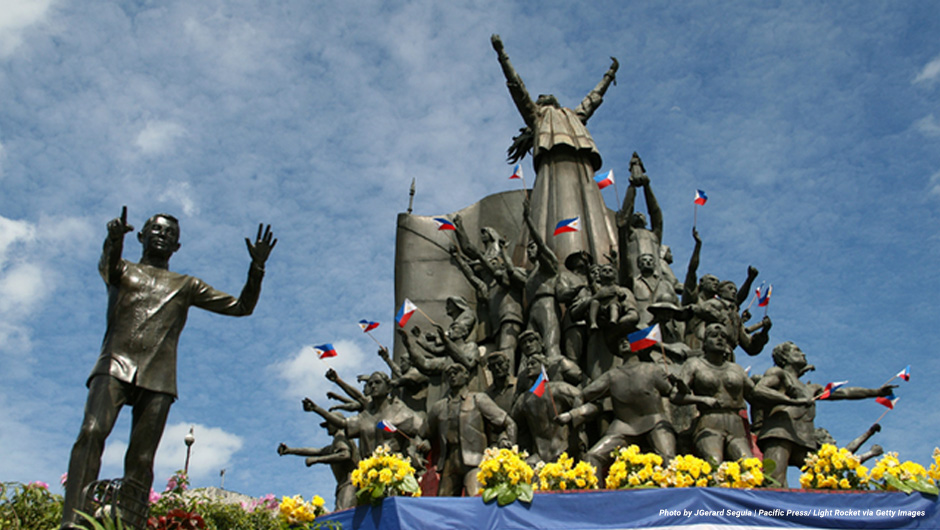Democracy requires rule of law and free market

The ASEAN region has had an interesting history when it comes to democracy.
Thailand was the only country that was not colonized and undertook its first steps towards democracy in 1932. After achieving independence, most ASEAN countries initially opted for a democratic form of governance. However, many subsequently turned more authoritarian or abolished democracy altogether. Ethnic tensions, impatience with the slow pace of development or frustration with elite politics were some of the reasons, as well as the attraction of a socialist path.
However, democracy as an idea has never been completely defeated. In some ways, the Philippines embodies this struggle.
In 1898, the country tried to gain independence after its colonial power Spain was defeated both by a Filipino uprising and the intervention of the US. It created a democratic constitution, but this attempt was crushed in a bitter war as America decided to take over the country. However, the US decided to implement a roadmap to independence and democracy in the 1930s, so the Philippines got to freely elect a legislature and a president in 1934, although the US would maintain foreign policy and defense until 1944. This was interrupted by World War II and independence had to wait until 1946.
Democracy only lasted until 1972, however, when President Marcos declared Martial law. This period ended in 1986 when he was toppled by a peaceful revolution that triggered a wave of peaceful democracy revolutions in Asia and around the world.
But democracy in the Philippines and in many other countries, is still facing challenges - from elite domination of politics to disregard for legal constraints and processes.
This brings us to an important point. Democracy, the system of governance where power is conferred through free elections for a limited time, needs other institutions to work well, especially the rule of law, including a strong list of basic human rights, that are upheld by a professional non-political police force and bureaucracy as well as a professional and politically independent judiciary. Last but not least, a competitive market economy is needed to solve the problems of poverty and deprivation and improve people’s material well-being.
A democracy that is not supported by these other two institutions will always face challenges and threats.
Siggi Herzog talks about rule of law and free market as imperatives for democracy.